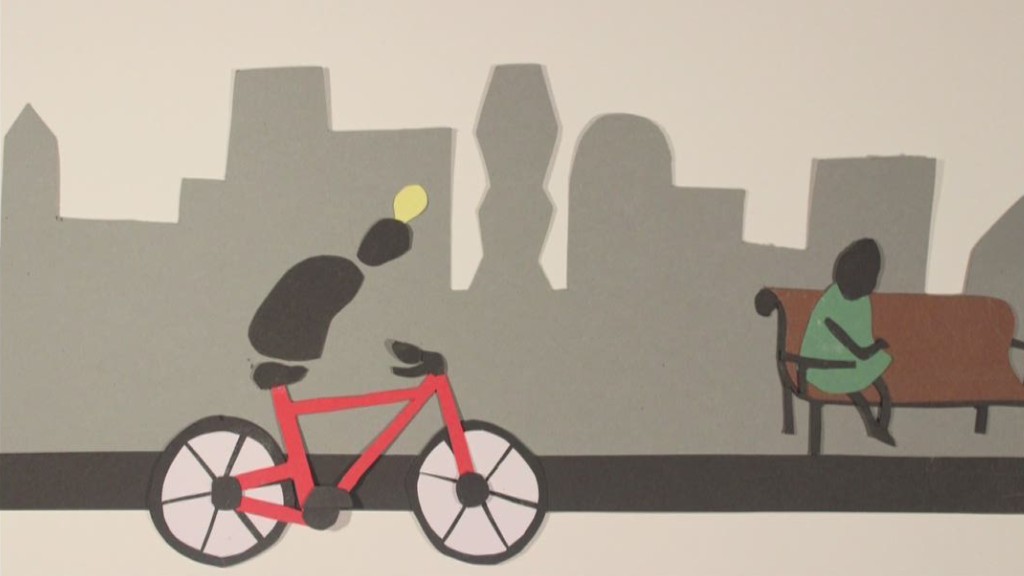
Public libraries, five-year high schools, 3% interest rates for immigrant small business owners. All provide innovative solutions to some of the biggest urban issues in the United States.
"Innovation" is often associated with the tech sector -- new apps, wearables and robots that are shiny and exciting.
But the heart of urban innovation is a desire to improve the quality of life and economic opportunities for the people living in cities. Technology plays a big part of this, but so do education, housing, land use, job creation and countless other economic variables that are fundamental to people's lives.
In fact, many projects touch multiple sectors -- Philadelphia's prisons are bringing in tablets to improve education; New York is installing wireless sensors to keep sewers from overflowing; and Chicago's public libraries are using robots to teach low-income kids about science.
See the full list: The most innovative cities in America
It's not just city government that is driving innovation. Activists, nonprofits and corporations are actively involved in revitalizing their communities -- often in collaboration with one another.
It can be as big as Quicken Loan's Dan Gilbert investing more than $1 billion in downtown Detroit, or as small as D.C.'s Dr. Malcolm H. Woodland, who trains a tiny cohort of African American teens on how to conduct free health clinics in one of the city's poorest neighborhoods.
CNNMoney's "Most Innovative Cities" list and the stories that accompany it are just a snapshot into what's happening in America's urban environments. In surveying experts, we heard about more than 50 U.S. cities -- and the mayors behind them -- that are championing creative solutions.
Some of the issues mentioned repeatedly had to do with gentrification: How to innovate for everyone and improve a neighborhood without displacing the people who had lived there for decades.
Quiz: What innovative city is right for you?
We kept our focus on U.S. cities, although there are extraordinary things happening internationally. The UN estimates that 66% of the global population will live in cities by 2050, which means that urban issues are only going to increase -- and the solutions are going to get that much more important. This also creates an incredible opportunity. Studies have shown that increased urban density leads to more face-to-face interactions, which will dramatically boost productivity and innovation.
Meanwhile, with Washington gridlocked and budgets tight, it's even more important for communities to address today's most pressing issues themselves. The cities, people and programs on our list are actively working to do just that.



